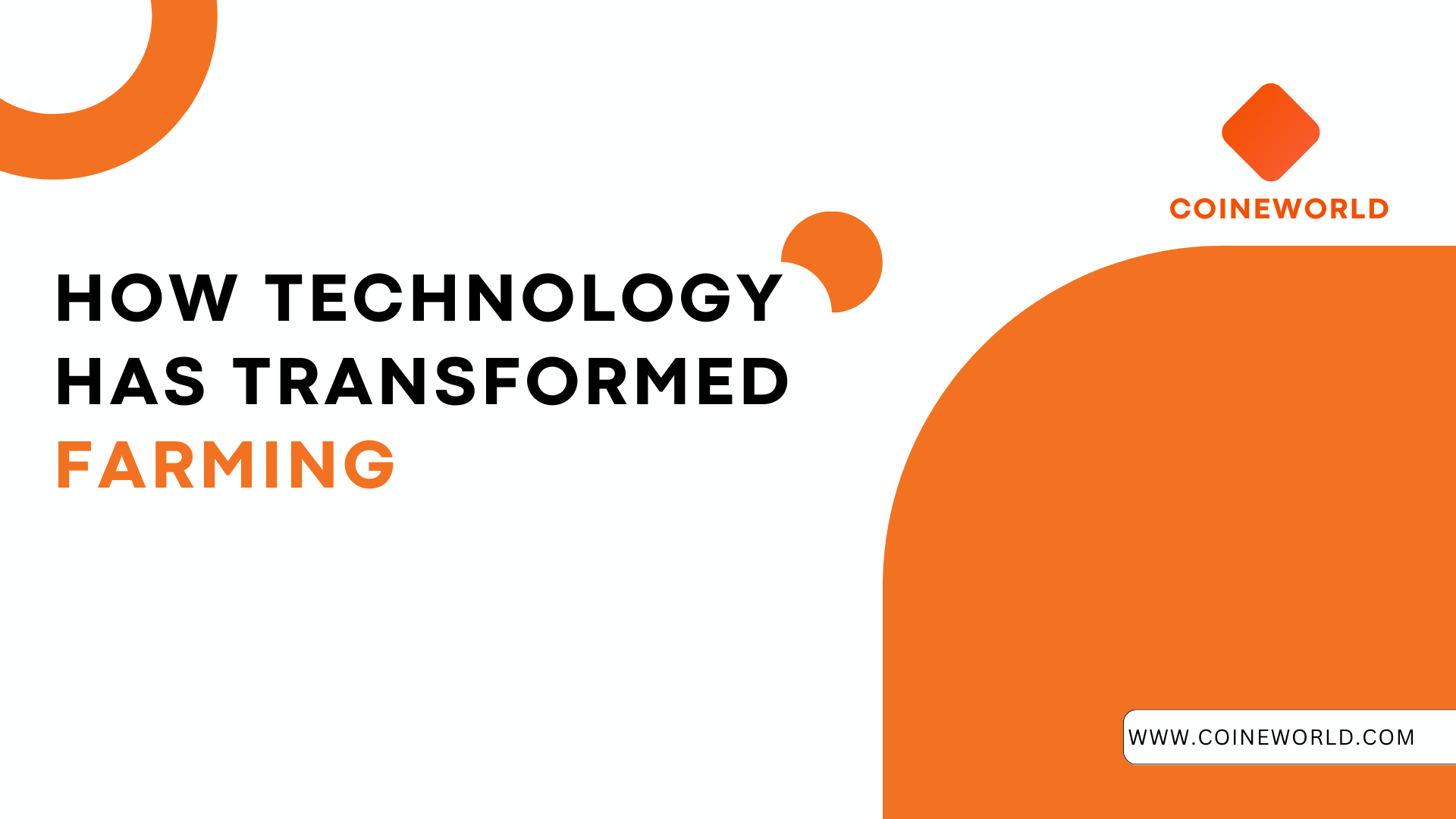How technology has transformed farming? Farming has long been the backbone of civilization, providing sustenance and livelihoods to communities worldwide. Over time, technology has played a crucial role in revolutionizing agricultural practices, making farming more efficient, sustainable, and productive. From the early advancements in machinery to the integration of data analytics and automation, the impact of technology on farming has been transformative. In this article, we explore how technology has changed the face of agriculture and the potential it holds for creating a sustainable future.
The Evolution of Farming Technology
Traditionally, farming relied on manual labor and basic tools. However, with the advent of technology, agriculture witnessed a significant transformation. Introducing machinery such as tractors, plows, and combines revolutionized farming practices, reducing labor requirements and increasing productivity. Moreover, biotechnology has allowed the development of genetically modified crops resistant to pests and diseases, improving crop yields and reducing the need for chemical inputs.
Automation and Robotics in Farming
Integrating automation and robotics has further propelled farming into the realm of advanced technology. Drones equipped with sensors and cameras provide farmers with aerial views of their fields, enabling them to monitor crop health, detect irrigation needs, and identify areas requiring attention. Robotic systems are increasingly employed for precise planting, harvesting, and monitoring of crops, reducing human error and enhancing efficiency.
Data and Analytics in Agriculture
Data has become a crucial component of modern farming practices. Farmers can now access real-time data by integrating Internet of Things (IoT) devices. These devices collect valuable information about soil moisture, temperature, and crop growth, enabling farmers to make informed irrigation, fertilization, and pest management decisions. Applying big data and predictive analytics allows for optimized farming practices, resulting in increased yields, reduced costs, and minimized environmental impact.
Sustainable Farming and Environmental Impact
Technology has provided innovative solutions to address sustainability challenges in agriculture. Precision irrigation systems utilize sensors and weather data to deliver water precisely where and when needed, reducing water wastage and improving water-use efficiency. Additionally, technological advancements have facilitated the development of integrated pest management systems, reducing the reliance on chemical inputs and promoting natural pest control methods.
Connectivity and Communication in Farming
Connectivity and communication technologies have transformed the way farmers interact with information and each other. Real-time information, weather forecasts, market prices, and expert advice have become more accessible through mobile applications and online platforms. Farmers can remotely monitor their crops and receive alerts about potential issues, enabling them to take timely action. Collaborative platforms facilitate knowledge sharing and peer-to-peer learning, empowering farmers to make informed decisions and adopt best practices.
Challenges and Limitations of Technological Advancements
While technology offers significant benefits to agriculture, challenges and limitations must be addressed. The cost implications of adopting advanced technologies can be a barrier, particularly for small-scale farmers. Furthermore, the digital divide in rural areas may hinder access to technology and connectivity. It is essential to ensure that technology is accessible, affordable, and adapted to the needs of all farmers, regardless of their scale of operation or geographical location.
Future Trends in Farming Technology
Looking ahead, emerging technologies are set to shape the future of agriculture. Artificial intelligence and machine learning hold immense potential in analyzing vast amounts of data to optimize farming practices. Blockchain technology can revolutionize supply chains, providing traceability and transparency, crucial in building consumer trust and ensuring food safety.
Conclusion
Technology integration into farming practices has undeniably transformed agriculture, making it more efficient, sustainable, and productive. Technology has revolutionized how farmers manage their operations, from automation and robotics to data analytics and connectivity. Embracing technological advancements is crucial for farmers to meet the challenges of a growing population, changing climate, and limited resources. By leveraging technology, we can create a future where sustainable and efficient farming practices ensure food security while minimizing environmental impact.
